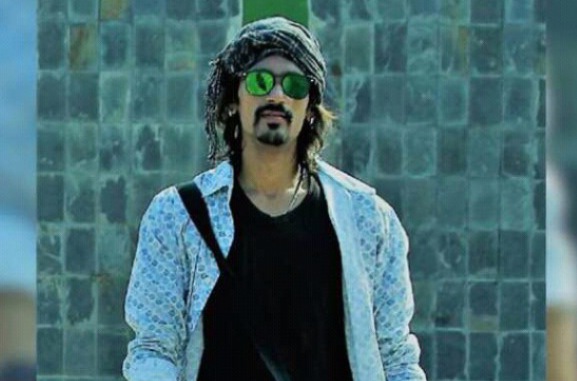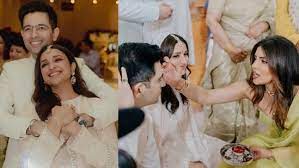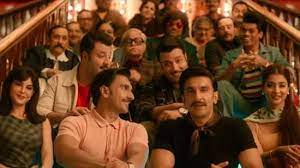Entertainment
Kavish Mishra : Has Bollywood Lost its Original Melody?

Entertainment
Viola Davis Shines as U.S. President in Amazon Thriller ‘G20’
Entertainment
Blotto Documentary Set to Premiere at Cohoes Music Hall
Entertainment
Jennifer Lopez Stuns in Bold Black Bodysuit
-

 Entertainment4 weeks ago
Entertainment4 weeks agoZZ Top’s Frank Beard Takes Break from Tour Due to Health Issues
-

 Entertainment3 weeks ago
Entertainment3 weeks agoZouk Los Angeles Opens with Celebrities and Epic Performance
-

 Entertainment3 weeks ago
Entertainment3 weeks agoKanye West Drops New Album ‘Bully’ with Film Starring Son Saint
-

 Entertainment3 weeks ago
Entertainment3 weeks agoRadiohead Teases Potential New Music with Business Filing
-

 Entertainment3 weeks ago
Entertainment3 weeks agoAustin Abrams to Lead Zach Cregger’s ‘Resident Evil’ Reboot
-

 Entertainment3 weeks ago
Entertainment3 weeks agoSunita Williams Returns Home After 8 Months in Space
-

 Uncategorized4 weeks ago
Uncategorized4 weeks agoJustin Theroux and Nicole Brydon Bloom Are Married
-

 Entertainment3 weeks ago
Entertainment3 weeks agoAmazon Taps Harry Potter and Spider-Man Producers for James Bond Franchise Overhaul













